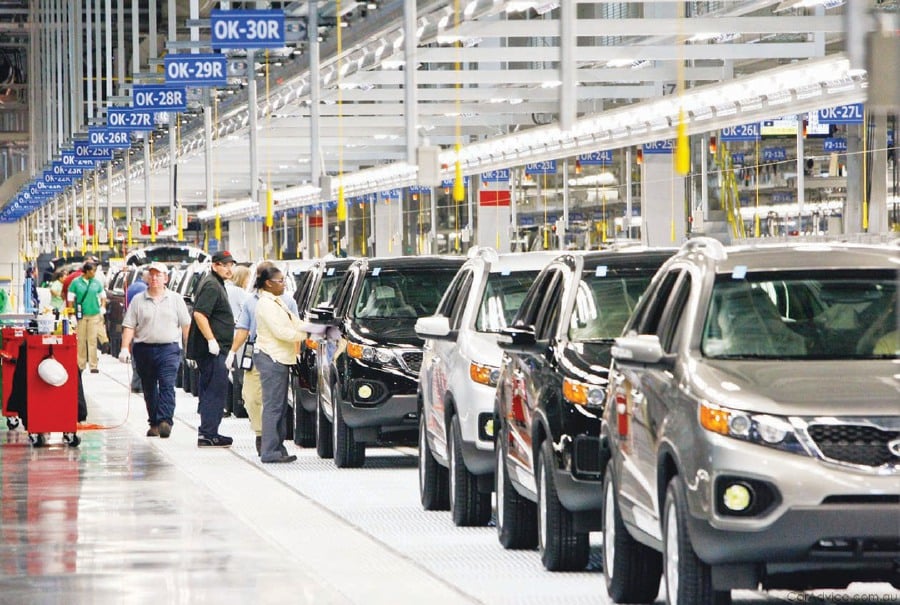CUSTOMER retention is key for automotive players in Malaysia to weather market slowdown.
“Customer retention is critical and to secure that, automakers will need to focus on managing customer experience,” said J.D. Power regional director of automotive practice Shantanu Nandi Majumdar, in an interview.
Shantanu said some manufacturers had started to build their digital capabilities to remain connected with customers.
“Customers will receive near-real-time feedback and respond to their needs immediately. Dealership viability will depend even more on after-sales revenue.”
Shantanu added that manufacturers would need to review their product portfolio.
“Introduce models in the fast-growing segments like the SUV segment — with a strong focus on affordability and enhanced product quality. Certified pre-owned vehicles are likely to provide growth opportunities.”
He said the SUV segment would increase its market share this year.
“Customers like the high-seat position in SUVs and the styling, as well as the latest infotainment system and safety features that are standard even in compact SUVs. New launches such as the Proton X70 and Perodua Aruz, accompanied by upcoming launches, are likely to generate more excitement and buzz in the market.”

Shantanu said the growth of the auto industry was closely associated with economic growth, which drives consumer confidence.
“The launch of new models in fast-growing segments are likely to generate customer interest. That said, pricing, feature content and variant mix also need to resonate with the target customer group,” said Shantanu.
He also said automotive parts makers would face challenges owing to the estimated flat or declining growth of the overall industry.
“Only a few selected models are likely to increase considerably. Given this, Malaysian automotive suppliers are likely to focus on export market, as well as actively engage in exploring opportunities in remanufactured parts and components.”
According to LMC Automotive, an automotive focused forecasting and market intelligence service provider, the Malaysian light vehicle market is likely to plateau at 578,000 units in 2019 compared with to 2018.
“This is due to the pull-ahead effect from the three-month tax holiday last year; a lower GDP growth at 4.6 per cent in 2019 compared with 4.8 per cent in 2018; more stringent vehicle hire-purchase rules and loan approval conditions; and, high levels of household debt,” said Shantanu.
He added that ride-hailing services were estimated to grow strongly over the next five years on the back of the rising urban population, Internet and smartphone penetration, as well as favourable regulations.
“Going forward, the industry can look forward to the NAP2019 and whether the EEV programme will continue beyond 2019,” Shantanu said.





